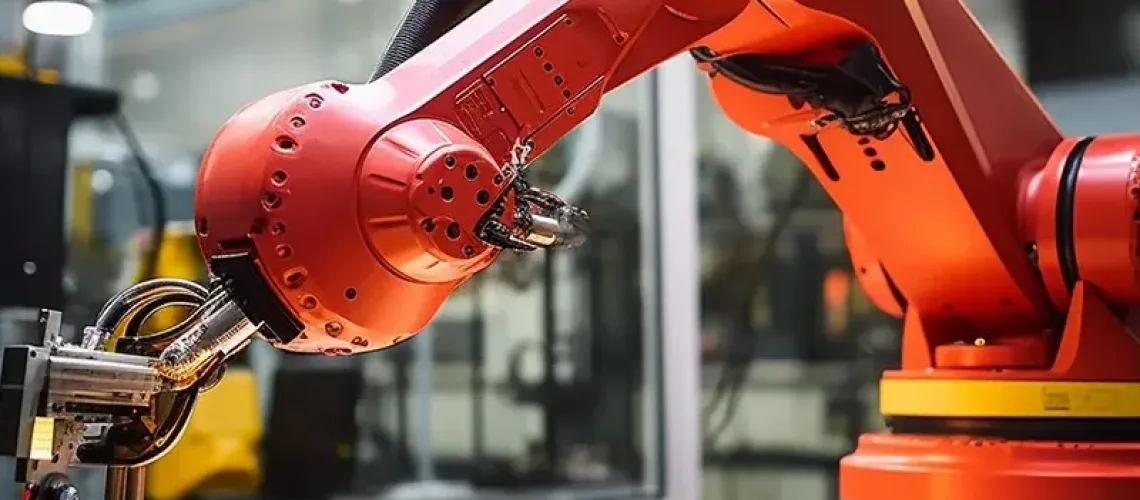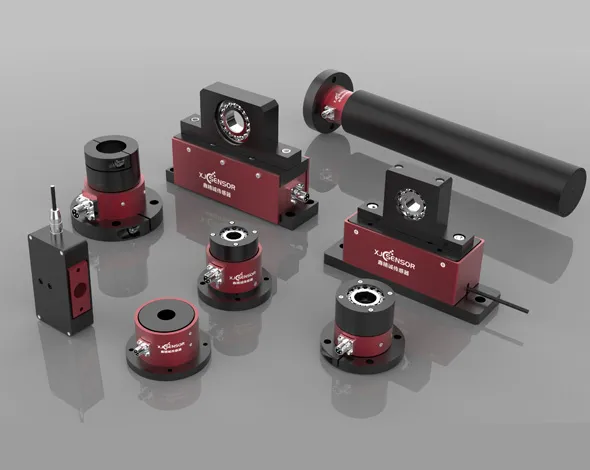Load cells are essential components used for measuring force and weight in a wide range of industries. As more people need load cell solutions, it’s important to find a reliable manufacturer. This article helps businesses choose the right load cell manufacturers for their needs. It provides insights and helps make informed decisions.
Understanding Load Cells
Load cells are transducers that convert force or weight into an electrical signal. They consist of several strain gauges bonded to a structural element, which deforms when subjected to a load. When load cells accurately measure forces, the deformation causes changes in electrical resistance. There are different types of load cells. They include compression, tension, shear beam, and bending beam load cells. Each type is suitable for specific applications.
Evaluating Load Cell Manufacturers
Quality Standards and Certifications
When choosing a load cell manufacturer, it’s important to think about their commitment to quality standards and certifications. Find manufacturers that meet ISO 9001 standards. This assures consistent quality control during production. Certifications such as NTEP or OIML show that legal metrology requirements are met.
Product Range and Customization Options
A reputable load cell manufacturer should offer a diverse range of load cells suitable for various applications. The manufacturer should have load cells for precise measurements and heavy-duty environments that meet your needs. Choosing a manufacturer who can customize load cells to your needs is also helpful.
Expertise and Industry Experience
Consider the manufacturer’s expertise and industry experience. A company with lots of experience is more likely to make good products and give good support. Find manufacturers who have experience in your industry to better understand your specific needs.
Calibration and Testing Facilities
Ensure that the load cell manufacturer has proper calibration and testing facilities. Accurate calibration is essential for achieving reliable measurements. Inquire about how they calibrate things, if they trace them back to national standards, and how often they recalibrate. Manufacturers who can test their own load cells can give detailed reports on accuracy and performance.
Key Considerations for Commercial Success
Cost-Effectiveness and Return on Investment (ROI)
While cost is an important factor, it should not be the sole basis for decision-making. Consider the long-term value and return on investment provided by the load cell manufacturer. Investing in good load cells can lower maintenance costs, boost productivity, and please customers.
Technical Support and After-Sales Service
Choose a manufacturer that offers excellent technical support and after-sales service. They should be easily accessible to answer questions, help with installation, and troubleshoot. Fast response times and a dedicated customer support team help create a successful business partnership.
Choosing the correct load cell maker is essential for companies that need precise force and weight measurements. Companies can find a reliable partner by considering quality, range, customization, experience, calibration, and after-sales service. Working with a trusted load cell maker guarantees top-notch products and expertise for lasting success in different industries.



